Hirohito was the 124th emperor of Japan. He held the throne for 62 years, from 1926 to 1989, the longest reign in the history of Japan. Hirohito was born on April 29, 1901 in the royal palace of Aoyama, Tokyo. His father was emperor Yoshihito, his mother was princess Sadako. In 1921, Hirohito left Japan for a six-month stay in Europe. He was the first Japanese prince in history to travel abroad. In 1924, he married princess Nagako Kuni. He was 23. Together they had seven children. In 1926, Yoshihito died and Hirohito became the new emperor of Japan with the name Showa, which means, “enlightened peace.” At the time, the emperor's role in the Japanese political system was contradictory. Considered divine, he was at the center of the system itself, with almost absolute power and the right to veto government decisions.
However, in reality, the nation was led by military chiefs and an elite group of families who had economic control over the country. Hirohito was kept out of active politics. His status was used by authorities only to justify and sanction their own decisions in the eyes of the people. In 1936, the imperial order was threatened by an overthrow attempt. Government troops successfully smothered the challenge. In 1937, Japan invaded China and Hirohito did not oppose the move. In 1941, Japan bombed the United States naval base in Pearl Harbor, in the Pacific Ocean. Japan entered World War Two siding with Germany and Italy. Hirohito later declared he was against decisions taken by the Japanese government in those years. In August 1945, the US dropped atomic bombs on Hiroshima and Nagasaki, destroying both cities and killing scores of people. For the first time, Hirohito took a stand. He surrendered unconditionally and collaborated with the US, to avoid being tried as a war criminal. On August 15, 1945, Hirohito told the Japanese people of his decision with a radio announcement. In 1946, the emperor renounced divine status and, in 1947, he promulgated a new Constitution. Japan became a constitutional monarchy. Hirohito gave up his imperial right to veto.
Historical responsibility for the tragic outcome of World War Two weighed on Hirohito’s head. Some scholars viewed his passive attitude as a clear avoidance of responsibility. In the decades after the war, Hirohito managed to win back his people. He supervised the rebuilding of the country and traveled the world representing Japan. When he fell seriously ill in September 1988, Japan came to a standstill. All public and private events were cancelled. Four months later, Hirohito died in the Tokyo Imperial Palace on January 7, 1989. He was 88.
However, in reality, the nation was led by military chiefs and an elite group of families who had economic control over the country. Hirohito was kept out of active politics. His status was used by authorities only to justify and sanction their own decisions in the eyes of the people. In 1936, the imperial order was threatened by an overthrow attempt. Government troops successfully smothered the challenge. In 1937, Japan invaded China and Hirohito did not oppose the move. In 1941, Japan bombed the United States naval base in Pearl Harbor, in the Pacific Ocean. Japan entered World War Two siding with Germany and Italy. Hirohito later declared he was against decisions taken by the Japanese government in those years. In August 1945, the US dropped atomic bombs on Hiroshima and Nagasaki, destroying both cities and killing scores of people. For the first time, Hirohito took a stand. He surrendered unconditionally and collaborated with the US, to avoid being tried as a war criminal. On August 15, 1945, Hirohito told the Japanese people of his decision with a radio announcement. In 1946, the emperor renounced divine status and, in 1947, he promulgated a new Constitution. Japan became a constitutional monarchy. Hirohito gave up his imperial right to veto.
Historical responsibility for the tragic outcome of World War Two weighed on Hirohito’s head. Some scholars viewed his passive attitude as a clear avoidance of responsibility. In the decades after the war, Hirohito managed to win back his people. He supervised the rebuilding of the country and traveled the world representing Japan. When he fell seriously ill in September 1988, Japan came to a standstill. All public and private events were cancelled. Four months later, Hirohito died in the Tokyo Imperial Palace on January 7, 1989. He was 88.
RELATED
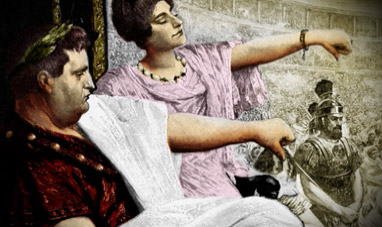

NERO
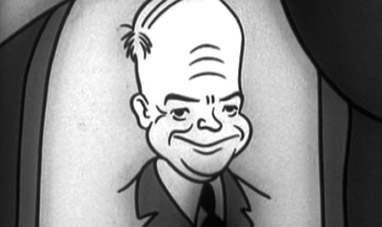

DWIGHT EISENHOWER
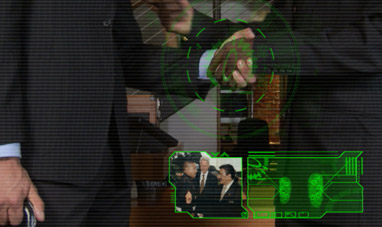

LEANDRO ARAGONCILLO
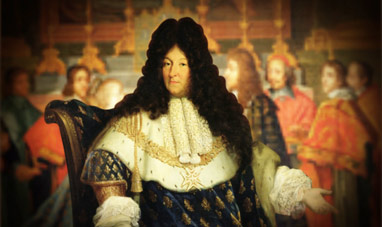

LOUIS XIV, THE SUN KING
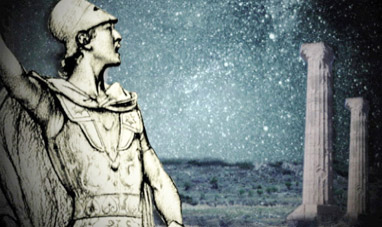

ALEXANDER THE GREAT
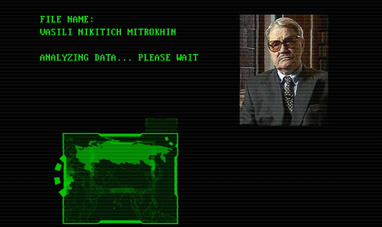

VASILI NIKITICH MITROKHIN
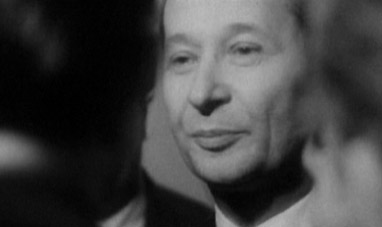

ALEXANDER DUBCEK
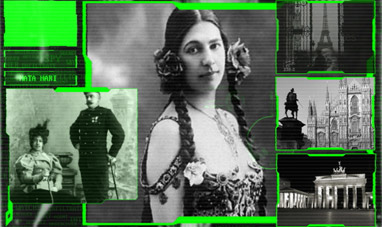

MATA HARI
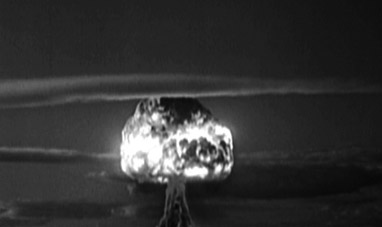

HIROSHIMA AND NAGASAKI
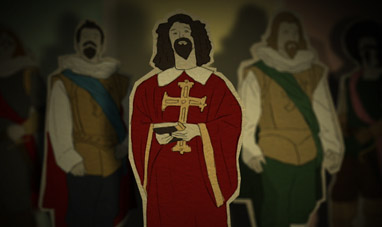

ARMAND-JEAN DU PLESSIS DE RICHELIEU
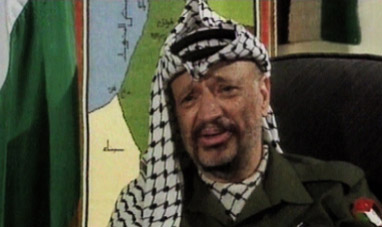

YASSER ARAFAT
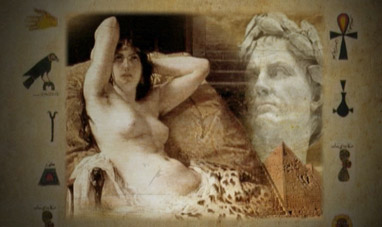

CLEOPATRA
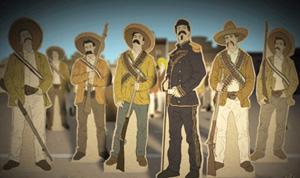

PORFIRIO DÍAZ
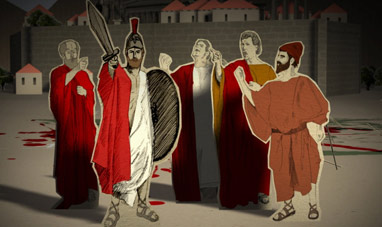

PERICLES
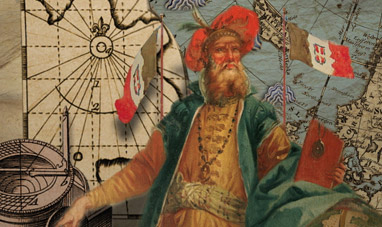

JOHN CABOT
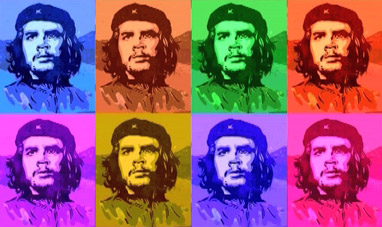

CHE GUEVARA
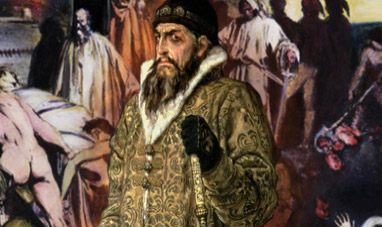

IVAN THE TERRIBLE
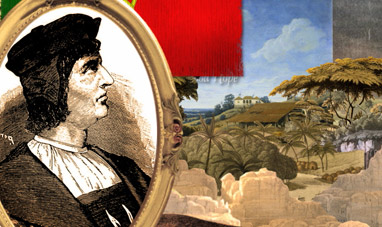

BARTOLOMEU DIAS
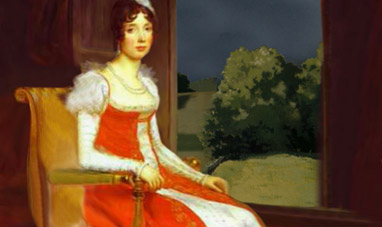

SISSI, EMPRESS OF AUSTRIA
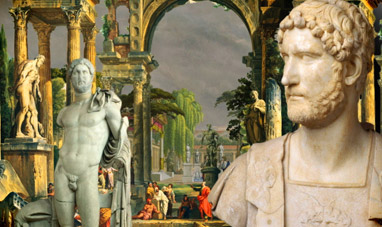

HADRIAN
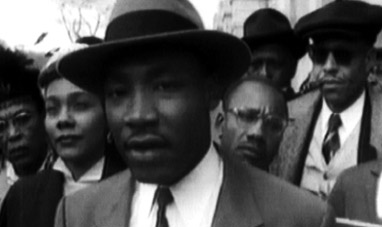

MARTIN LUTHER KING
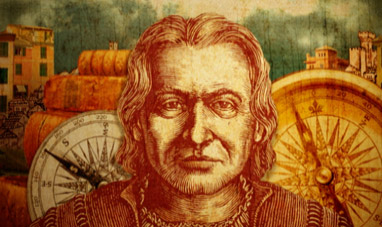

COLUMBUS, CHRISTOPHER
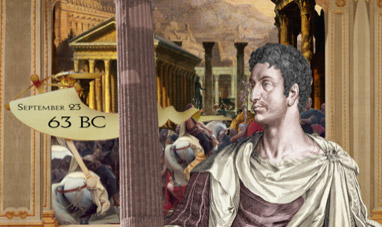

AUGUSTUS
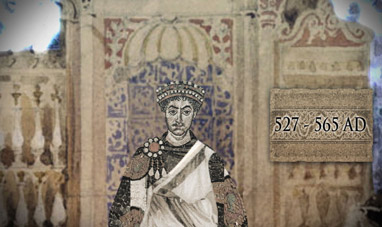

JUSTINIAN I
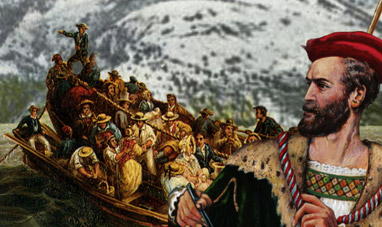

JACQUES CARTIER
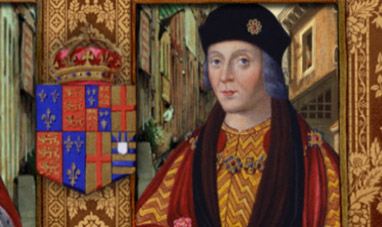

HENRY VII
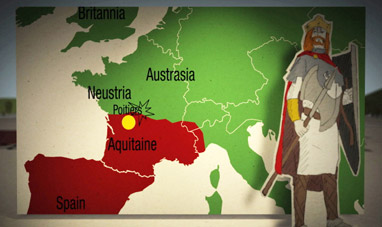

CHARLES MARTEL
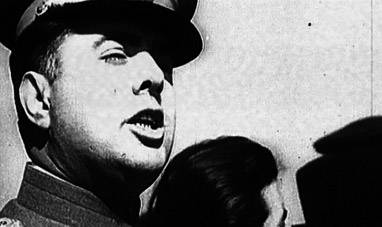

ENVER HOXHA
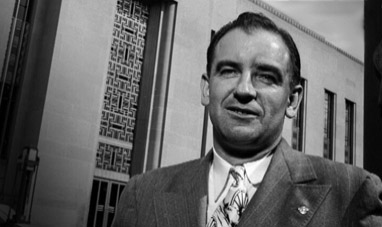

JOSEPH MCCARTHY


POP
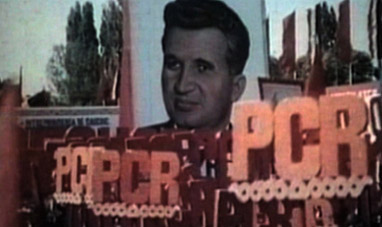

NICOLAE CEAUSESCU
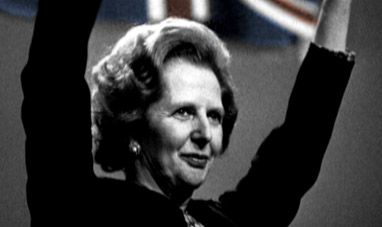

MARGARET THATCHER
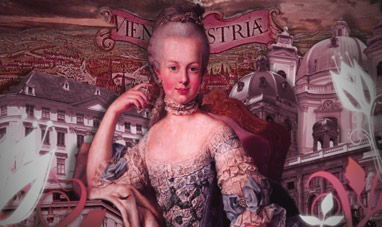

MARIE ANTOINETTE
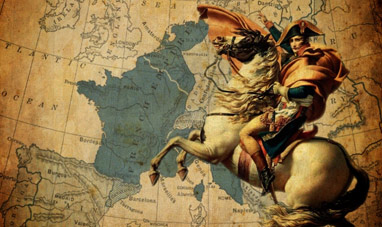

NAPOLEON BONAPARTE
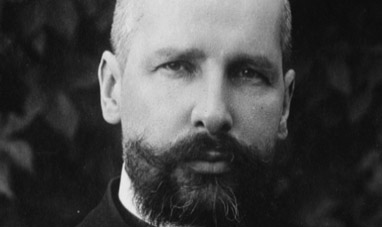

PYOTR STOLYPIN
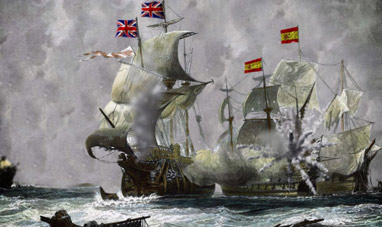

FRANCIS DRAKE
